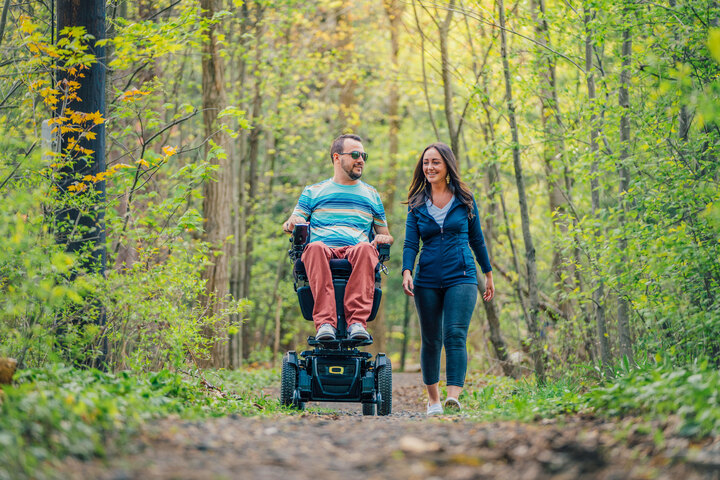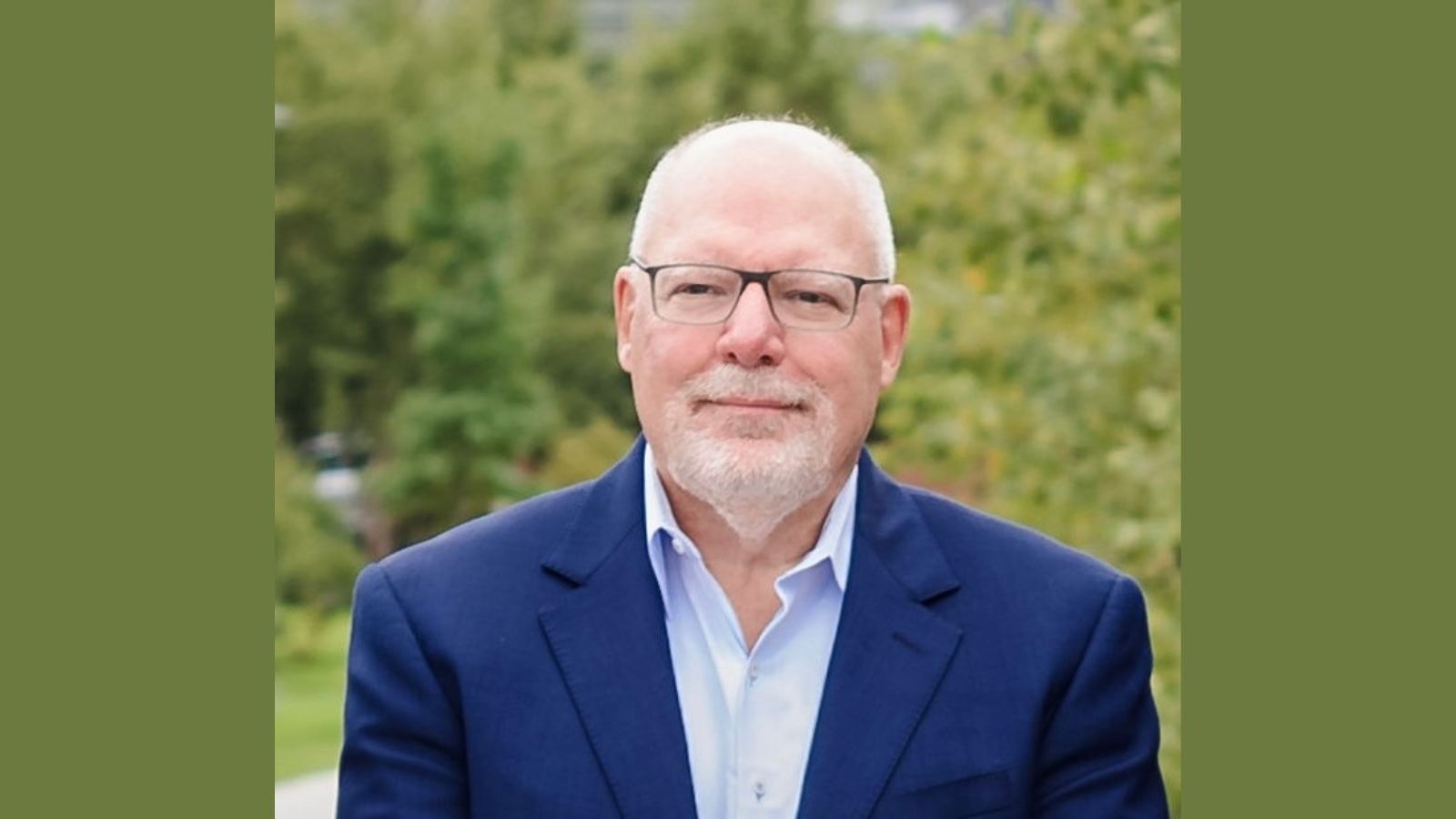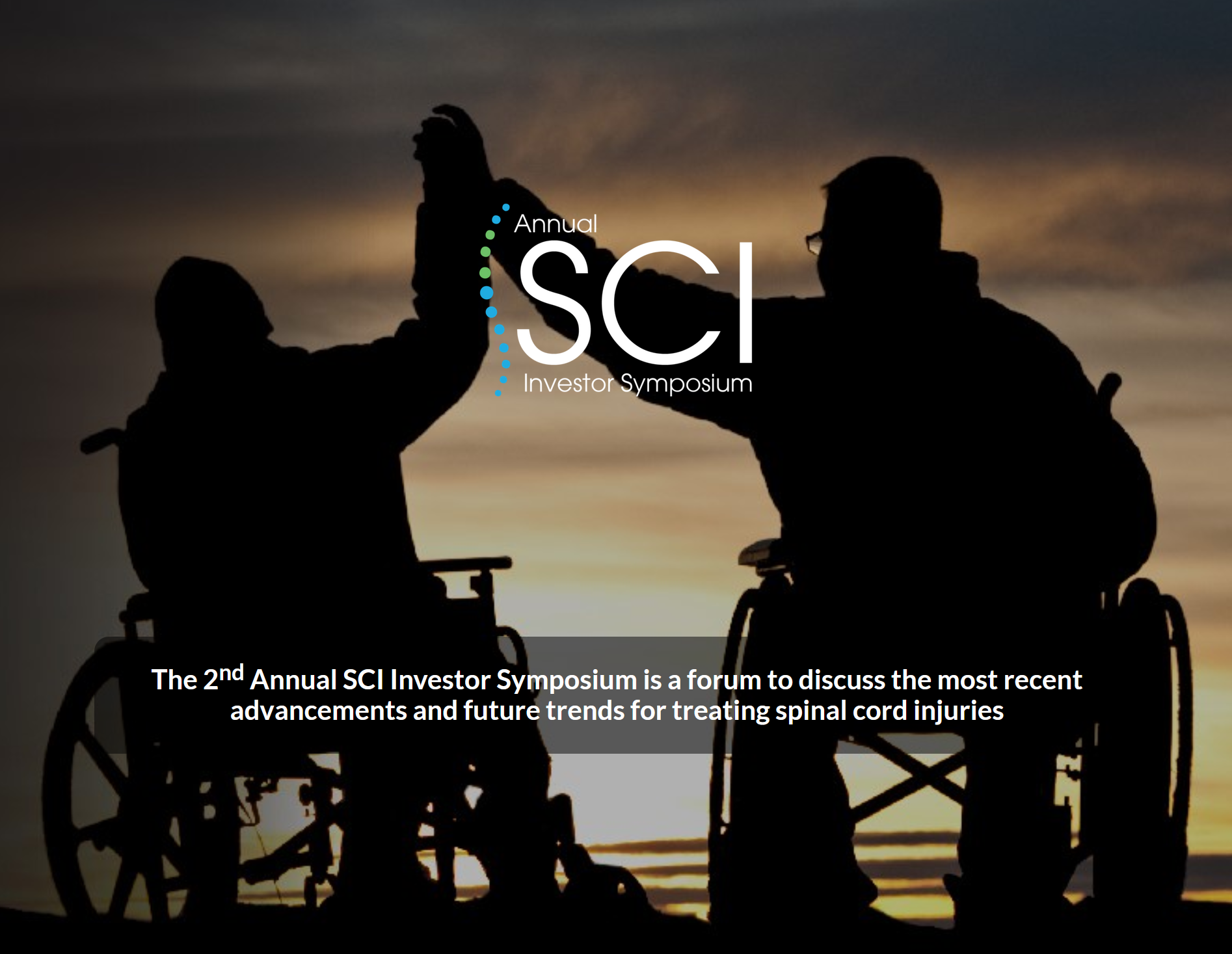The Christopher & Dana Reeve Foundation Marks 40 Years of Progress
SHORT HILLS, NJ (March 11, 2022)
Originally created in 1982 in response to the injury of Henry Stifel, the Christopher & Dana Reeve Foundation – first conceived as the Stifel Paralysis Research Foundation, a community-driven nonprofit dedicated to curing spinal cord injury (SCI) – today marks its 40th anniversary. Over the last four decades, the Reeve Foundation has evolved to become the premier national, paralysis-focused nonprofit organization working to address a dual care-cure mission – providing free, comprehensive resources to help those impacted by SCI and paralysis as it advances the most promising scientific advances toward cures. As the Foundation marks this milestone, it celebrates 40 years of progress and the seismic shift that it helped steer to move the field of SCI research to its current state, whereby scientists agree that paralysis cures are not a matter of “if” but “when.”
Forty years ago, on March 12, Henry Stifel, then 17-years-old, was in a car accident that shattered his vertebrae, leaving him paralyzed from the chest down. When his parents, Hank and Charlotte Stifel, pressed doctors about what came next, the answers reflected the widespread belief that SCIs were untreatable. Christopher Reeve was already Superman, but the Reeve Foundation wouldn’t exist for another 14 years. So, the Stifels decided to build their own, and the Stifel Paralysis Research Foundation launched later that year.
In the mid-1980s, Hank brought the Foundation under the umbrella of the American Paralysis Association (APA), where he helped establish an external scientific advisory council to review and advise its grant awards, funding research in a way that was completely novel to SCI – a “laboratory without walls.” The scientific rigor helped expand the number of scientists and academics pursuing spinal cord research and encouraged the innovative work that would eventually upend the notion that there was nothing to be done for those living with paralysis.
When Christopher Reeve was injured in 1995, the APA was one of the first places that he and Dana Reeve turned to for guidance. Soon after, in 1996, he started the Christopher Reeve Foundation. By 1999, the APA and Christopher’s Foundation came together as the Christopher Reeve Paralysis Foundation, which added Dana’s name to its moniker after her untimely death in March 2006.
From the Graveyard of Neuroscience to Cures in Sight
The Reeve Foundation started as a grassroots movement by pioneers who refused to accept the long-standing dogma that the spinal cord, once injured, could never be repaired. Because of this view, SCI research was in its infancy in the 1980s and nicknamed the “graveyard of neurobiology.” Today, however, the Foundation has funded more than $140 million of research around the world. By uniting the brightest minds in the field, the Foundation helped usher a new era of scientific inquiry focused on developing and delivering real-world treatments that would push the world toward real cures for SCI.
“The Reeve Foundation substantially changed perceptions about what was possible for spinal cord injury recovery and regeneration,” says James D. Guest, M.D., Ph.D., Professor, Department of Neurological Surgery, The Miami Project to Cure Paralysis, and adviser to the Foundation. “Through its support of cutting-edge basic SCI science and its role as a convener and credible arbiter of strong research, the field began to shift from an obscure specialty practiced by a handful of dedicated scientists in isolated labs to one of the most exciting and collaborative areas of neuroscience. Further, an important step was taken towards actual clinical implementation of discoveries through the establishment of the North American Clinical Trials Network (NACTN). The network has enrolled more than 1000 subjects to a data registry, and participated in the largest international clinical trial for SCI of the 21st Century, testing the drug riluzole. NACTN actively collaborates with other clinical trial networks in Europe and Canada.
Building on a wealth of basic science discovery that had begun to unravel some of the most complex mechanisms of SCI and paralysis, in the mid-2000s, the Foundation zeroed in on an area of study with the potential to dramatically change what it means to live with paralysis: epidural stimulation, by which continuous electrical currents are applied at varying frequencies and intensities to specific locations on the spinal cord to activate the nerve circuits and augment small residual signals from the brain. Working with the earliest pioneers in this area, the Foundation launched The Big Idea with the University of Louisville in 2014 – a momentous step toward the expansion of its mission-driven outlook from just one cure to many, and a groundbreaking study that underscores the Foundation’s commitment to translating scientific results into tangible, quality of life gains for patients in the here and now.
The Big Idea is helping participants living with SCI dramatically improve their quality of life through improved cardiovascular health, bladder control, and other autonomic functions – and voluntary movement, including the previously impossible task of walking over ground. Improved cardiovascular function is anticipated to be the first market indication pursued through the FDA for the technology, with data from the Big Idea supporting that application. To date, $9.4 million funding for The Big Idea from the Reeve Foundation has been leveraged by the University of Louisville researchers to generate $31 million in adjoining financial support for related research.
More recently, the Foundation has begun making forays into research-driven equity partnerships, such as with ONWARD, a Netherlands-based company that has developed breakthrough technologies currently in global clinical trials that deliver individualized transcutaneous stimulation to the spinal cord in combination with intensive rehabilitation to improve arm and hand recovery (Up-LIFT study). A second exciting program uses targeted, programmed epidural stimulation of the spinal cord to restore movement and other functions. In February, Nature Medicine published the results of the STIMO-BRIDGE Study, which highlights the use of ONWARD’s technology to enable people with even the most severe forms of spinal cord injury to walk, stand, cycle, and swim again.
In 2021, the Reeve Foundation created a strategic partnership with the UK’s International Spinal Research Trust (ISRT) to co-develop a research strategy with a joint focus on chronic injury, combination approaches and clinical translation. This alliance, inspired by the speed at which solutions for COVID-19 have been delivered, seeks to take a coordinated, global approach to accelerate the processes of bringing meaningful treatments to those living with SCI. At the core of the alliance is a collaborative blueprint that aims to establish a framework for decision-making, planning and governance to advance the most promising therapies from the preclinical stage through clinical trials and into medical practice. To mark the alliance, ISRT and the Foundation agreed to co-fund a newly created translational award, totaling $1.3 million, focused on restoring function in chronic SCI through novel circuit formation.
These joint Reeve-ISRT grant awards are the first step toward a visionary, collaborative approach to its research platform. Working closely with ISRT, the Foundation is initiating a research paradigm that seeks to fund the most promising science along the research continuum and build a business infrastructure with the power to speed, streamline and support the path from discovery to human clinical trial testing.
“No other entity in SCI is engaged in the scientific pipeline at both the scientific and business support perspectives. While funding agencies support portions of the research continuum, they lack the ability to help advance research from the lab to bedside, and there is little critical assessment of product marketability,” says Maggie F. Goldberg, President & CEO of the Reeve Foundation. “The Reeve Foundation is committed to filling these core gaps that have to date stymied the field.”
Support for Those Living with Paralysis
In 2002, the Foundation’s National Paralysis Resource Center (NPRC) opened its doors with the leadership and vision of Dana Reeve, who, with Christopher, struggled to find resources to help their family build a new normal after his spinal cord injury. Through the NPRC, the Reeve Foundation offers a free, comprehensive, national source of informational support for people living with paralysis – from SCI, multiple sclerosis, stroke, ALS, traumatic brain injury, and other causes – and their caregivers. The NPRC is focused on helping clients overcome the day-to-day challenges of paralysis while trying to lead independent and fulfilling lives.
Funded through a cooperative agreement with the U.S. Department of Health and Human Services (HHS) and managed under the Administration for Community Living (ACL), the NPRC has served over 112,000 individuals living with paralysis, their families, and caregivers with one-on-one assistance since its inception. Visits to the Foundation’s website average three million per year and provide individuals with a wealth of information, including fact sheets, tool kits, a 400-page Paralysis Resource Guide and more, all translated into 12 additional languages. Other services include:
- Information Specialists, who are trained to help anyone – from newly paralyzed individuals and their family members to persons who have lived with disabilities for decades – as they attempt to navigate their changing world and the services available to them;
- The Peer & Family Support Program, which has helped 18,000 people across the country; and
- The Quality of Life Grants Program, pioneered by Dana Reeve, has awarded approximately 3,500 nonprofit organizations with more than $36 million in funding to impact and empower people living with paralysis, their families and caregivers.
A Magical Evening Returns to Honor 40 Years of Progress
As the Foundation marks its anniversary, it looks forward to the return of its annual gala, A Magical Evening, which was canceled for two years due to the pandemic. This fall, the Reeve Foundation will celebrate its founders and 40 years of progress inspired and achieved through the courage, compassion and commitment of their leadership, values that are carried forward by the Reeve community today.
Fierce advocate, Julie Neustadt, will receive the Dana Reeve Hope Award at the event. Neustadt is one of the main driving forces in the Chicago area supporting numerous community and fundraising events like Celebrate Chicago and the Chicago Marathon.
Eric LeGrand, who will receive the Christopher Reeve Spirit of Courage award at the event, epitomizes the founders’ conviction that nothing is impossible. “I believe Christopher Reeve started something, and I’m supposed to finish it,” says the former Rutgers University football star who became paralyzed in a 2010 game. Team LeGrand, a partnership with the Reeve Foundation, was created in 2013. “The hope today among the spinal cord injury community is palpable. Through the work of the Foundation and its partners, we believe in the cures that are now, finally, in sight.”
To join Reeve as it celebrates 40 years of progress, visit www.christopherreeve.org.
###
About the Christopher & Dana Reeve Foundation
The Christopher & Dana Reeve Foundation is dedicated to curing spinal cord injury by funding innovative research and improving the quality of life for individuals and families impacted by paralysis. By uniting the brightest minds in the field, we are working tirelessly to accelerate scientific discovery across the field of spinal cord research by investing in labs across the globe. Additionally, through a cooperative agreement with the Administration for Community Living, the Reeve Foundation’s National Paralysis Resource Center (NPRC) promotes the health, well-being, and independence of people living with paralysis, providing comprehensive information, resources, and referral services assisting over 100,000 individuals and families since its launch in 2002. The Reeve Foundation is committed to elevating our community’s voices and needs to achieve greater representation and independence. We meet all 20 of the Better Business Bureau’s standards for charity accountability and hold the BBB’s Charity Seal. For more information, please visit our website at www.ChristopherReeve.org or call 800-225-0292.
Media Contacts:
Christopher & Dana Reeve Foundation
Rita Gentles
973-933-7123
[email protected]








